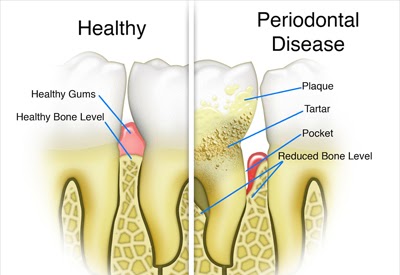Teeth can be lost for a variety of reasons. Anything from disease, injury, birth defect, to decay can result in teeth being lost or removed. However, many dental and health problems can result from tooth loss or removal.

Diet
Properly aligned teeth are essential for effective chewing and overall nutrition. When teeth are missing—or when alignment is poor—chewing becomes difficult or even impossible. This often forces individuals to rely on soft, easy-to-chew foods that may lack the nutrients the body needs.
Over time, such a limited diet can contribute to a variety of health issues, including indigestion, constipation, weight loss, arthritis, and rheumatism.
Teeth play a vital role in supporting overall health by enabling a balanced, nutritious diet. Without them, the body’s ability to get the nutrients it needs can be significantly compromised.
Speech
Teeth play a crucial role in clear speech. Certain sounds—such as s, z, d, x, n, th, and sh—require precise tongue-to-tooth contact. When teeth are missing, producing these sounds becomes more difficult, often resulting in a lisp. Lisping can be frustrating and may affect both confidence and communication, making it harder for others to understand you.
Maintaining your teeth—or replacing them when needed—is not only important for eating and aesthetics but also essential for effective communication.
Bone Loss in the Jaw
Teeth do much more than help us chew and speak—they play a vital role in maintaining the health of the jawbone. Every time you chew, your teeth stimulate the underlying alveolar bone, which is the part of the jawbone that holds your teeth in place. Without this regular stimulation, the alveolar bone begins to break down and is gradually reabsorbed by the body.
Since the jawbone no longer “needs” to support missing teeth, it starts to deteriorate. This process can begin almost immediately after a tooth is lost or extracted and continues over time. The rate of bone loss varies between individuals, but as the bone deteriorates, it can reach a point where dental prosthetics—such as dentures—no longer fit properly or function effectively due to insufficient bone support.
Misalignment
Misalignment can occur when teeth lose their opposing or adjacent neighbors. After a tooth is lost, the opposing tooth may begin to drift downward (extrude), while adjacent teeth can shift toward the empty space. Even the loss of a single tooth can cause the remaining teeth to move out of position, disrupting the bite pattern. This can lead to difficulties chewing, affect the appearance of your smile, and make it harder to maintain good oral hygiene in the surrounding areas.
Facial Appearance
Teeth also play a key role in supporting the lips and cheeks. When teeth are missing, this natural support is lost, causing the lips and cheeks to collapse inward. As a result, the mouth may appear sunken, which can significantly age a person’s facial appearance.
